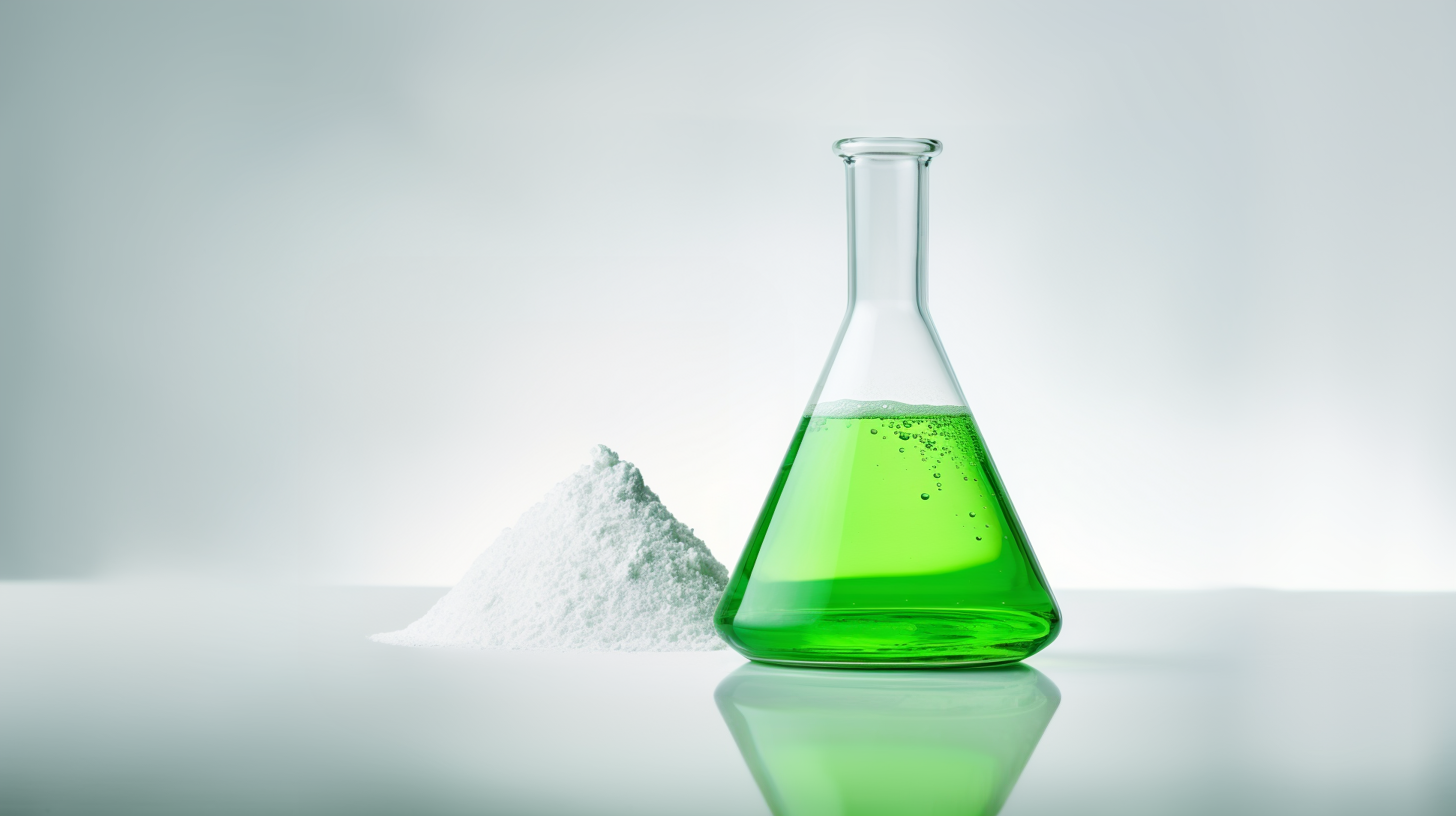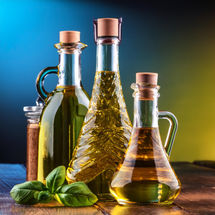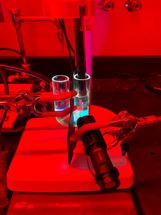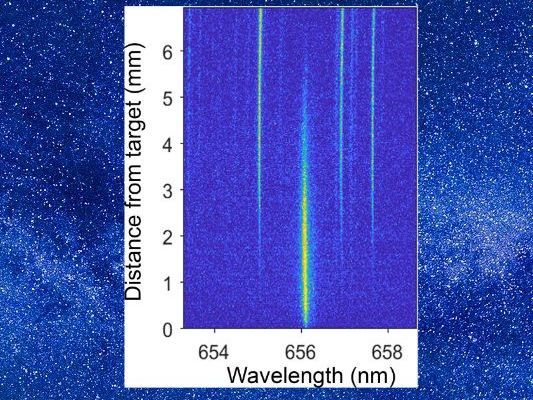Agilent Technologies demonstrates a precise, accurate and rapid way to extract trace-level phenols from drinking water
PALO ALTO, Calif., April 10, 2002
Agilent Technologies Inc. today announced a fast approach for extracting trace-level amounts of phenols -- a class of toxic organic compounds -- in water. Using a polymer resin designed specifically for environmental applications, this method provides fast analysis with a precision greater than 5 percent and accuracy greater than 8 percent for most phenols. Moreover, the procedure reduces drying time to 2 minutes, compared to 20 minutes specified in the recent U.S. EPA method for phenols, Method 528.
Over the last decade, a large number of solid-phase extraction (SPE) applications have been developed for compounds found in environmental samples, particularly for harmful compounds at trace levels in drinking water. The major focus has been on non-polar, strongly hydrophobic analytes, as these were good candidates for SPE. Compounds that are more polar, such as phenols, have been more challenging to concentrate. Phenol, for example, typically exhibits low and irreproducible recoveries.
Agilent has demonstrated that phenol and other environmentally important substituted phenols can be extracted from water samples confidently, accurately and reproducibly using retention-time-locked gas chromatography/mass spectrometry and polystyrene-divinylbenzene as an absorbent material. Recently, Agilent expanded its offering of solid-phase extraction products to include this polystyrene- divinylbenzene SPE cartridge optimized for increased recovery of the more difficult analytes in water, such as phenol.
For further information, request application note "Solid-Phase Extraction and Gas Chromatography/ Mass Spectrometry Analysis of Selected Phenols," publication number 5988-5255EN. This note is available without charge from any Agilent sales office or Agilent's Web site at www.agilent.com/che
Most read news
Other news from the department research and development

Get the chemical industry in your inbox
By submitting this form you agree that LUMITOS AG will send you the newsletter(s) selected above by email. Your data will not be passed on to third parties. Your data will be stored and processed in accordance with our data protection regulations. LUMITOS may contact you by email for the purpose of advertising or market and opinion surveys. You can revoke your consent at any time without giving reasons to LUMITOS AG, Ernst-Augustin-Str. 2, 12489 Berlin, Germany or by e-mail at revoke@lumitos.com with effect for the future. In addition, each email contains a link to unsubscribe from the corresponding newsletter.
Most read news
More news from our other portals
See the theme worlds for related content
Topic world Gas chromatography
Gas chromatography is an essential method in analytical chemistry for the separation and analysis of volatile compounds. Due to its high resolution and sensitivity, it has become firmly established in areas such as environmental analysis, food chemistry or forensic science. GC provides precise and reliable results and enables deep insights into the chemical composition of samples.

Topic world Gas chromatography
Gas chromatography is an essential method in analytical chemistry for the separation and analysis of volatile compounds. Due to its high resolution and sensitivity, it has become firmly established in areas such as environmental analysis, food chemistry or forensic science. GC provides precise and reliable results and enables deep insights into the chemical composition of samples.
Topic world Extraction
Extraction is a fundamental process in the chemical laboratory that enables specific components to be isolated and concentrated from a mixture. Whether it's extracting active ingredients from natural products, removing impurities from synthesis products, or preparing analytical samples, extraction is a key step in achieving precise and efficient results in chemical research and analysis.

Topic world Extraction
Extraction is a fundamental process in the chemical laboratory that enables specific components to be isolated and concentrated from a mixture. Whether it's extracting active ingredients from natural products, removing impurities from synthesis products, or preparing analytical samples, extraction is a key step in achieving precise and efficient results in chemical research and analysis.
Topic World Mass Spectrometry
Mass spectrometry enables us to detect and identify molecules and reveal their structure. Whether in chemistry, biochemistry or forensics - mass spectrometry opens up unexpected insights into the composition of our world. Immerse yourself in the fascinating world of mass spectrometry!

Topic World Mass Spectrometry
Mass spectrometry enables us to detect and identify molecules and reveal their structure. Whether in chemistry, biochemistry or forensics - mass spectrometry opens up unexpected insights into the composition of our world. Immerse yourself in the fascinating world of mass spectrometry!
Topic World Chromatography
Chromatography enables us to separate, identify and thus understand complex substances. Whether in the food industry, pharmaceutical research or environmental analysis - chromatography opens up a treasure trove of information about the composition and quality of our samples. Discover the fascinating world of chromatography!

Topic World Chromatography
Chromatography enables us to separate, identify and thus understand complex substances. Whether in the food industry, pharmaceutical research or environmental analysis - chromatography opens up a treasure trove of information about the composition and quality of our samples. Discover the fascinating world of chromatography!





























































